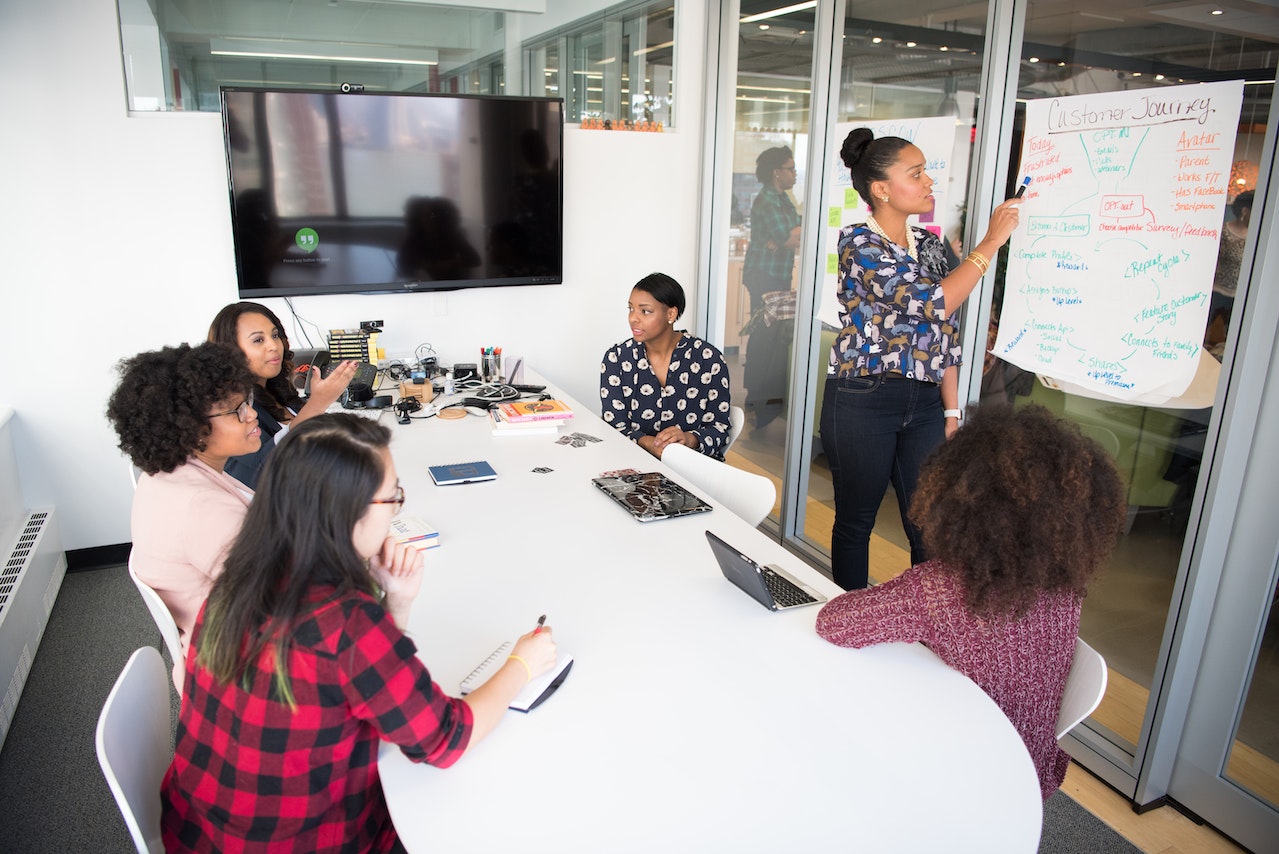Decision making is an essential skill that can be learned, honed, and improved over time. However, we sometimes face obstacles that hinder our ability to make the best possible decisions.
According to Annie Duke,
renowned decision-making expert and former professional poker player, the biggest problem in decision making is known as “resulting” — equating the quality of a decision with its outcome.
In this article, we’ll delve into the meaning of resulting, its
impact on decision making, and explore Duke’s approach to overcoming it. By the end, you’ll be equipped with valuable strategies to improve your decision making skills, both in your personal and professional life.
What is Resulting?
In simple terms, resulting is the tendency to judge a decision based on its outcome rather than its quality.
It’s a natural human tendency to think that if a decision leads to a good outcome, it must have been a good decision. Likewise, if it leads to a bad outcome, it must have been a bad decision. But this kind of thinking can be dangerous, as it can lead to flawed decision-making processes.
Resulting: The Biggest Problem in Decision Making
Resulting can impact decision making in various ways.
If a decision leads to a good outcome, it can make people overconfident in their decision-making abilities, leading them to overlook important factors that may have contributed to the outcome.
Conversely, if a decision leads to a bad outcome, people may become risk-averse, and avoid making similar decisions in the future, even if they were good decisions.
Examples of resulting can easily be found in real life situations:
In sports, coaches and players are often judged based on the outcome of the game rather than their actual performance. If a team wins, the coach and players are praised for making the right decisions. If they lose, they are criticized for making bad decisions, regardless of the actual quality of their decisions.
In business, companies may make decisions that lead to a good outcome, such as a successful product launch, but it doesn’t necessarily mean that the decision-making process was sound.
On the other hand, a decision that leads to a bad outcome, such as a failed product launch, may have been a good decision, but external factors such as market conditions could have contributed to the outcome.

Annie Duke’s Approach to Overcoming Resulting
So, how do you avoid resulting when making important decisions?
Using Duke’s approach, you can overcome the biggest problem in decision making in 4 steps:
1. Embrace uncertainty in decision making
In her course
Make Better Decisions, Duke states that we must accept that there is always some degree of uncertainty in any decision.
Embrace uncertainty and focus on making the best decision possible with the information you have.
2. Think in probabilities
Instead of thinking in absolutes, consider the likelihood of different outcomes based on the available information. This will help you make more informed decisions and reduce the impact of bias.
3. Separate decision quality from outcome quality
We often judge the quality of a decision based on its outcome, but this can be misleading. Sometimes, even good decisions can have bad outcomes due to factors outside of our control.
Understand that the quality of a decision is not solely based on the outcome, but also on the decision-making process itself. This will help you avoid attributing a good outcome to a good decision and a bad outcome to a bad decision, even if the decision-making process was sound.
4. Consider an outside view
Get feedback from people who have different perspectives and experiences than your own.
We all have biases and blind spots that can influence our decision making. By seeking out unbiased advice, you can avoid the trap of confirmation bias and broaden your understanding of the situation.
Case Study: Netflix’s Decision to Pivot from DVD to Online Streaming

To better understand how to make successful decisions without resulting, let’s take a look at a real-world example:
In the early 2000s, Netflix was a successful DVD rental company, but the rise of online streaming threatened to make their business model obsolete.
Instead of clinging to their successful DVD rental business, Netflix’s executives decided to pivot their business to online streaming, which ultimately proved to be a smart decision.
When analyzing Netflix’s decision-making process, it’s clear that they were able to overcome the consequences of resulting by separating decision quality from outcome quality.
Instead of focusing solely on the immediate outcome of their decisions, Netflix’s executives looked at the long-term potential of online streaming and made the decision to pivot their business model based on that potential.
They also sought out unbiased advice in the decision-making process. They didn’t rely solely on their own experience and expertise. Instead, they consulted with experts in the technology industry and listened to feedback from their customers.
Despite not having all the answers about the future of online streaming or how it would impact their business, they were willing to take calculated risks and experiment with new ideas. This willingness to embrace uncertainty allowed them to be more agile, adapt quickly to changes in the market, and make a successful decision without being influenced by resulting.
Key Takeaways:
Good outcome ≠ good decision | bad outcome ≠ bad decision
Resulting can impact decision-making in various ways, leading to overconfidence, risk-aversion, and flawed decision-making processes.
To overcome resulting, it’s essential to embrace uncertainty, think in probabilities, separate decision quality from outcome quality, and consider an outside view.
To improve your decision making skills, focus on the quality of the decision making process, not just the outcome.
Added tip: keep in mind that decision-making is not a one-time event, but rather an ongoing process. This means that even after a decision has been made, it’s important to evaluate its effectiveness and adjust as needed.
The Bottom Line
Resulting is a common problem in decision making.
By understanding and implementing Annie Duke’s strategies, you can overcome the pitfalls of resulting, improve your decision-making skills, and make better choices in life and business.








